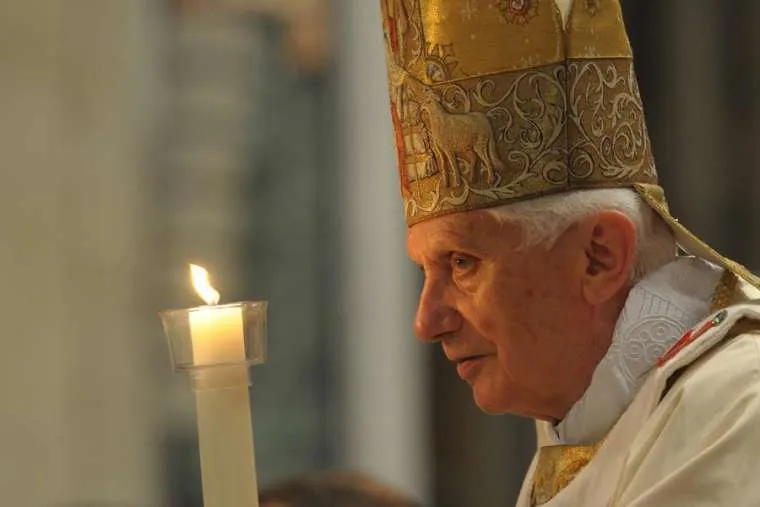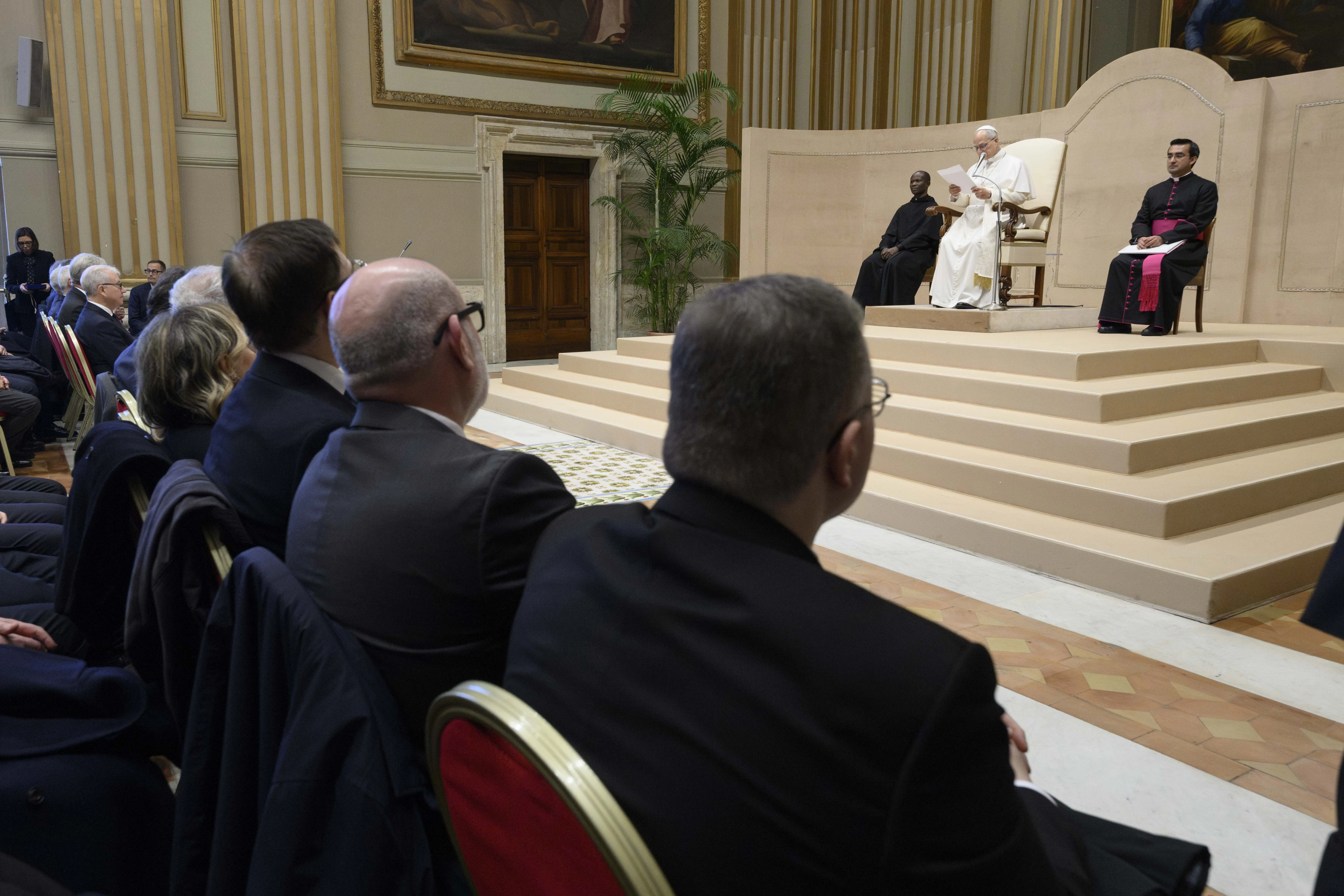The “Ratzinger Schuelerkreis,” or “students' circle,” has met to discuss topics in theology and the life of the Church since 1978, when their professor was pulled from academia to become a bishop. Their annual meetings continued with their former professor even after he was named Pope Benedict XVI in 2005. The “New Circle” is comprised of graduate or doctoral students studying the theology and life of Pope Emeritus Benedict XVI.
The theme of the group’s meeting came from a topic that will be discussed at the upcoming Amazon synod, namely, whether to allow already-married and “proven men” (or “viri probati”) to be ordained as priests in the region of Amazonia in order to help alleviate the shortage of priests in the area.
“Affirming that celibacy is a gift for the Church, it is requested that, for the most remote areas of the region, the possibility of priestly ordination be studied for older people… even if they have an existing and stable family, in order to ensure availability of the Sacraments that accompany and sustain the Christian life,” a section of the working document for the Amazon synod states.
The Amazon synod will be held at the Vatican Oct. 6-27. Pope Francis said in August that the topic of ordaining married priests will “certainly not” be the main topic of discussion at the Synod.
Some Church leaders, including Cardinal Walter Brandmüller and Cardinal Raymond Burke, have expressed concerns that allowing married priests in the Amazon region will devalue the practice of celibacy in the priesthood in the rest of the Church and that the practice of married priests will soon become widespread.
The statement on priestly celibacy given by the students of Pope Emeritus Benedict XVI is the first time they have spoken publicly as a group in “many years,” they said, but they felt convicted to bring “the theological thought of the Pope Emeritus...to the wider public.”
The students noted that priests do not have a simply functional role in the Church, but that they are called to be a “re-presentation” of the person of Jesus Christ both in the celebration of the sacraments and in their personal lives of holiness and devotion.
Remaining single and celibate as a witness to the kingdom of God is “a human as well as spiritual expression of the sacramental unity of the priest with Christ,” the students noted.
They added that the current sex abuse scandal of the worldwide Church “reduces the believability” of the priest as a person in union with Christ, but that the answer to this “is not first and foremost structural reforms that will bring healing and relief, but an authentically lived life of faith.”
“Only when we all return united to our common understanding of Jesus Christ as true God and true man will the Church be able to be renewed,” they stated.







